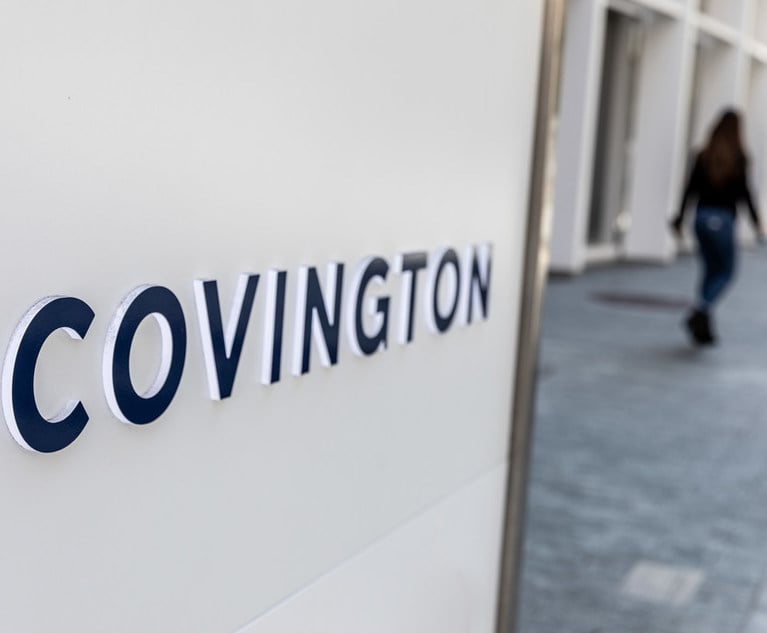The U.S. Department of Justice (DOJ) usually releases its annual statistics on the official number of cases opened for investigation under the False Claims Act, 31 U.S.C. §§3729 et seq. (FCA), for a given fiscal year in January of the following year. So, until January 2022, it will be difficult to accurately gauge the number of FCA cases opened in 2021, particularly given the requirement that new whistleblower cases must be filed under seal. What we do know, however, is that there were more overall cases opened in 2020 than in any other year since the enactment of the FCA (922 cases), and the number of government-initiated (non-whistleblower) FCA actions (250) was a 69% increase over the previous year. With the explosion of private equity (PE) investment in the health care and life sciences industries and with what’s happening at the DOJ and in Congress regarding corporate fraud enforcement, we expect the increase in new FCA matters will continue into 2022 at breakneck speed and a portion of that will focus on PE. The recent FCA settlement entered into by PE firm H.I.G. Capital is a prime example. First, though, it’s important to understand how PE functions.
Historically, PE focused on areas outside of health care, but health care has become a much bigger target for PE firms seeking high returns of growth over the last decade. PE investment in the health care and life sciences sector outpaced the broader PE market, particularly during the pandemic, because the industry is relatively resilient. This sector has continued to see an upward trajectory of spending in the last decade. With the strained finances due to the pandemic, analysts expect more consolidation in the market. This means more acquisitions in the sector, both in traditional M&A, and through PE deals. Even during the pandemic, PE activity in health care rose to record levels in 2020, with a 21% increase in the number of deals from 2019. Analysts only expect these numbers to grow.


 U.S. Department of Justice building in Washington, D.C. June 6, 2020.
U.S. Department of Justice building in Washington, D.C. June 6, 2020.




